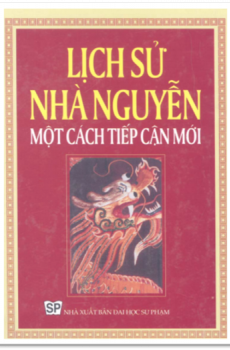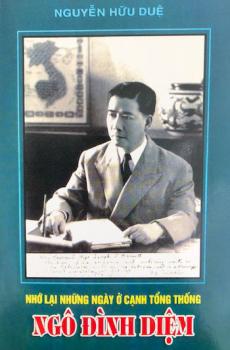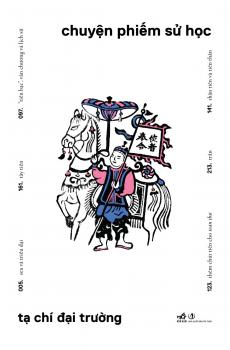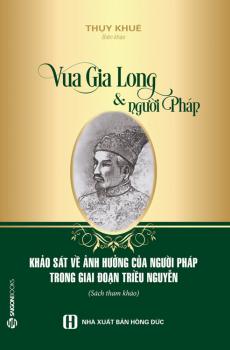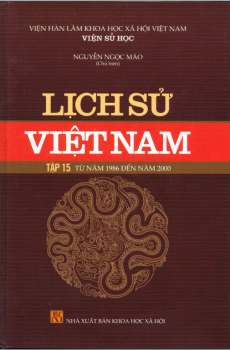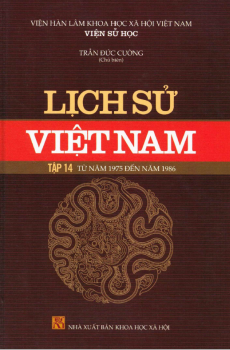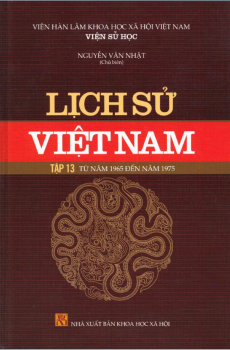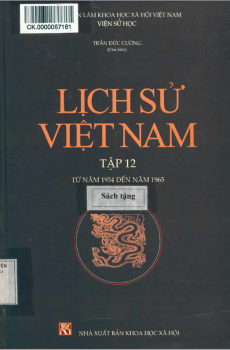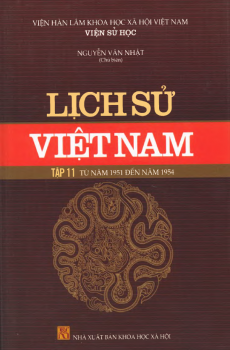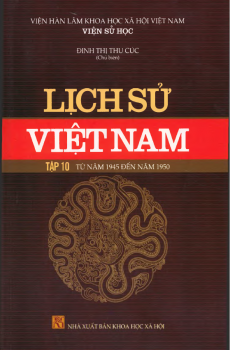Beacon Lights of History, Volume IV
Beacon Lights of History, Volume IV
Đăng nhập để đọc sách và tải về file pdf miễn phí
| Nhà xuất bản | unknown |
|---|---|
| Nhà xuất bản sách tiếp cận | Public domain |
| Năm xuất bản | 2003 |
| Coppy right | Chưa rõ |
***START OF THE PROJECT GUTENBERG EBOOK BEACON LIGHTS OF HISTORY, VOLUME IV***
E-text prepared by Juliet Sutherland, Charlie Kirschner, and the Project Gutenberg Online Distributed Proofreading Team
LORD'S LECTURES.
BEACON LIGHTS OF HISTORY.
BY JOHN LORD, LL.D.
AUTHOR OF "THE OLD ROMAN WORLD," "MODERN EUROPE," ETC., ETC.
VOLUME IV.
IMPERIAL ANTIQUITY.
CONTENTS
CYRUS THE GREAT.
ASIATIC SUPREMACY.
The Persian Empire
Persia Proper
Origin of the Persians
The Religion of the Iranians
Persian Civilization
Persian rulers
Youth and education of Cyrus
Political Union of Persia and Media
The Median Empire
Early Conquests of Cyrus
The Lydian Empire
Croesus, King of Lydia
War between Croesus and Cyrus
Fate of Croesus
Conquest of the Ionian Cities
Conquest of Babylon
Assyria and Babylonia
Subsequent conquests of Cyrus
His kindness to the Jews
Character of Cyrus
Cambyses; Darius Hystaspes
Xerxes
Fall of the Persian Empire
Authorities
JULIUS CAESAR.
IMPERIALISM.
Caesar an instrument of Providence
His family and person
Early manhood; marriage; profession; ambition
Curule magistrates; the Roman Senate
Only rich men who control elections ordinarily elected
Venality of the people
Caesar borrows money to bribe the people
Elected Quaestor
Gains a seat in the Senate
Second marriage, with a cousin of Pompey
Caesar made Pontifex Maximus; elected Praetor
Sent to Spain; military services in Spain
Elected Consul; his reforms; Leges Juliae
Opposition of the Aristocracy
Assigned to the province of Gaul
His victories over the Gauls and Germans
Character of the races he subdued
Amazing difficulties of his campaigns
Reluctance of the Senate to give him the customary honor
Jealousy of the nobles; hostility between them and Caesar
The Aristocracy unfit to govern; their habits and manners
They call Pompey to their aid
Neither Pompey nor Caesar will disband his forces; Caesar recalled
Caesar marches on Home; crosses the Rubicon
Ultimate ends of Caesar; the civil war
Pompey's incapacity and indecision; flies to Brundusi
Caesar defeats Pompey's generals in Spain
Dictatorship of Caesar
Battle of Pharsalia
Death of Pompey in Egypt
Battles of Thapsus and of Munda
They result in Caesar's supremacy
His services as Emperor
His habits and character
His assassination,--its consequences
Causes of Imperialism,--its supposed necessity when Caesar
arose; public rebuke of Caesar by Cicero
An historical puzzle
Authorities
MARCUS AURELIUS.
THE GLORY OF ROME.
Remarkable character of Marcus Aurelius
His parentage and education
Adopted by Antoninus Pius
Subdues the barbarians of Germany
Consequences of the German Wars
Mistakes of Marcus Aurelius; Commodus
Persecutions of the Christians
The "Meditations,"--their sublime Stoicism
Epictetus,--the influence of his writings
Style and value of the "Meditations"
Necessities of the Empire
Its prosperity under the Antonines; external glories
Its internal weakness; seeds of ruin
Gibbon controverted by Marcus Aurelius
Authorities
CONSTANTINE THE GREAT.
CHRISTIANITY ENTHRONED.
Constantine and Diocletian
Influence of martyrdoms
Influence of Asceticism,--its fierce protest
Rise of Constantine
His civil wars for the supremacy of the Roman world
The rival Emperors and their fate: Maximinian, Galerius, Maxentius, Maximin, Licinius
Constantine sole Emperor over the West and East
Foundation of Constantinople,--its great advantage
The pomp and ceremony of the imperial Court
Crimes of Constantine; his virtues
Conversion of Constantine
His Christian legislation; edict of Toleration
Patronage of the Clergy; union of Church and State
Council of Nice
Theological discussion
Doctrine of the Trinity
Athanasius and Arius
The Nicene Creed
Effect of philosophical discussions on theological truths
Constantine's work; the uniting of Church with State
Death of Constantine
His character and services
Authorities
PAULA.
WOMAN AS FRIEND.
Female friendship
Paganism unfavorable to friendship
Character of Jewish women
Great Pagan women
Paula, her early life
Her conversion to Christianity
Her asceticism
Asceticism the result of circumstances
Virtues of Paula
Her illustrious friends
Saint Jerome and his great attainments
His friendship with Paula
His social influence at Rome
His treatment of women
Vanity of mere worldly friendship
^Esthetic mission of woman
Elements of permanent friendship
Necessity of social equality
Illustrious friendships
Congenial tastes in friendship
Necessity of Christian graces
Sympathy as radiating from the Cross
Necessity of some common end in friendship
The extension of monastic life
Virtues of early monastic life
Paula and Jerome seek its retreats
Their residence in Palestine
Their travels in the East
Their illustrious visitors
Peculiarities of their friendship
Death of Paula
Her character and fame
Elevation of woman by friendship
Authorities
CHRYSOSTOM.
SACRED ELOQUENCE.
The power of the Pulpit
Eloquence always a power
The superiority of the Christian themes to those of Pagan antiquity
Sadness of the great Pagan orators
Cheerfulness of the Christian preachers
Chrysostom
Education
Society of the times
Chrysostom's conversion, and life in retirement
Life at Antioch
Characteristics of his eloquence; his popularity as orator
His influence
Shelters Antioch from the wrath of Theodosius
Power and responsibility of the clergy
Transferred to Constantinople, as Patriarch of the East
His sermons, and their effect at Court
Quarrel with Eutropius
Envy of Theophilus of Alexandria
Council of the Oaks; condemnation to exile
Sustained by the people; recalled
Wrath of the Empress
Exile of Chrysostom
His literary labors in exile
His more remote exile, and death
His fame and influence
Authorities
SAINT AMBROSE.
EPISCOPAL AUTHORITY.
Dignity of the Episcopal office in the early Church
Growth of Episcopal authority,--its causes
The See of Milan; election of Ambrose as Archbishop
His early life and character; his great ability
Change in his life after consecration
His conservation of the Faith
Persecution of the Manicheans
Opposition to the Arians
His enemies; Faustina
Quarrel with the Empress
Establishment of Spiritual Authority
Opposition to Temporal Power
Ambrose retires to his cathedral; Ambrosian chant
Rebellion of Soldiers; triumph of Ambrose
Sent as Ambassador to Maximus; his intrepidity
His rebuke of Theodosius; penance of the Emperor
Fidelity and ability of Ambrose as Bishop
His private virtues
His influence on succeeding ages
Authorities
SAINT AUGUSTINE.
CHRISTIAN THEOLOGY.
Lofty position of Augustine in the Church
Parentage and birth
Education and youthful follies
Influence of the Manicheans on him
Teacher of rhetoric
Visits Rome
Teaches rhetoric at Milan
Influence of Ambrose on him
Conversion; Christian experience
Retreat to Lake Como
Death of Monica his mother
Return to Africa
Made Bishop of Hippo; his influence as Bishop
His greatness as a theologian; his vast studies
Contest with Manicheans,--their character and teachings
Controversy with the Donatists,--their peculiarities
Tracts: Unity of the Church and Religious Toleration
Contest with the Pelagians: Pelagius and Celestius
Principles of Pelagianism
Doctrines of Augustine: Grace; Predestination; Sovereignty of God; Servitude of the Will
Results of the Pelagian controversy
Other writings of Augustine: "The City of God;" Soliloquies; Sermons
Death and character
Eulogists of Augustine
His posthumous influence
Authorities
THEODOSIUS THE GREAT.
LATTER DAYS OF ROME.
The mission of Theodosius
General sense of security in the Roman world
The Romans awake from their delusion
Incursions of the Goths
Battle of Adrianople; death of Valens
Necessity for a great deliverer to arise; Theodosius
The Goths,--their characteristics and history
Elevation of Theodosius as Associate Emperor
He conciliates the Goths, and permits them to settle in the Empire
Revolt of Maximus against Gratian; death of Gratian
Theodosius marches against Maximus and subdues him
Revolt of Arbogastes,--his usurpation
Victories of Theodosius over all his rivals; the Empire once more united under a single man
Reforms of Theodosius; his jurisprudence
Patronage of the clergy and dignity of great ecclesiastics
Theodosius persecutes the Arians
Extinguishes Paganism and closes the temples
Cements the union of Church with State
Faults and errors of Theodosius; massacre of Thessalonica
Death of Theodosius
Division of the Empire between his two sons
Renewed incursions of the Goths,--Alaric; Stilicho
Fall of Rome; Genseric and the Vandals
Second sack of Rome
Reflections on the Fall of the Western Empire
Authorities
LEO THE GREAT.
FOUNDATION OF THE PAPACY.
Leo the Great,--founder of the Catholic Empire
General aim of the Catholic Church
The Church the guardian of spiritual principles
Theocratic aspirations of the Popes
Origin of ecclesiastical power; the early Popes
Primacy of the Bishop of Rome
Necessity for some higher claim after the fall of Rome
Early life of Leo
Elevation to the Papacy; his measures; his writings
His persecution of the Manicheans
Conservation of the Faith by Leo
Intercession with the barbaric kings; Leo's intrepidity
Desolation of Rome
Designs and thoughts of Leo
The jus divinum principle; state of Rome when this principle was advocated
Its apparent necessity
The influence of arrogant pretensions on the barbarians
They are indorsed by the Emperor
The government of Leo
The central power of the Papacy
Unity of the Church
No rules of government laid down in the Scriptures
Governments the result of circumstances
The Papal government the need of the Middle Ages
The Papacy in its best period
Greatness of Leo's character and aims
Fidelity of his early successors, and perversions of later Popes
Authorities



